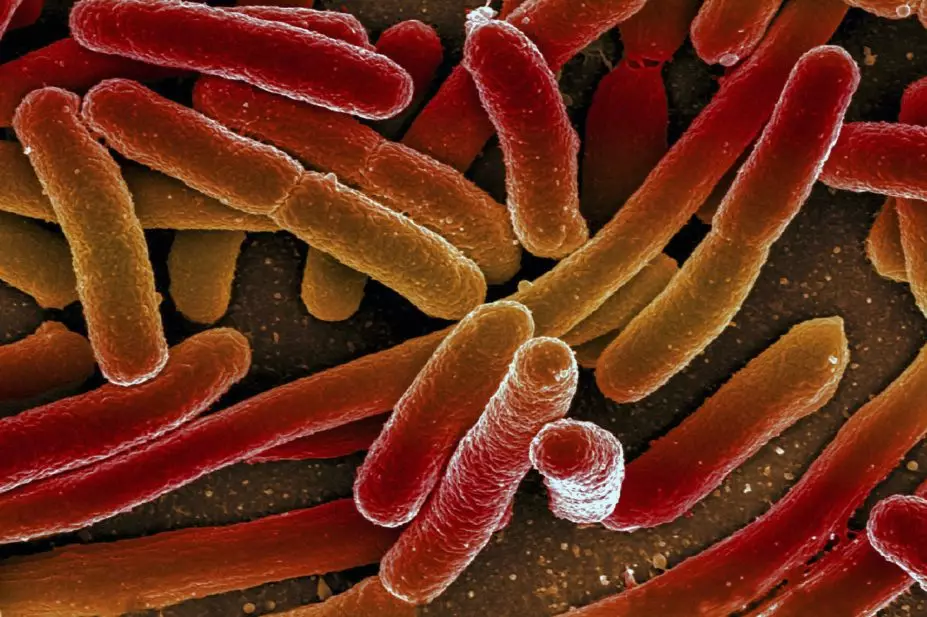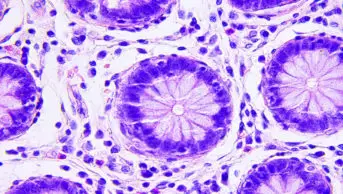
Howard / Phanie / Science Photo Library
The management of chronic urinary tract infections (UTI), which are primarily caused by Escherichia coli, is threatened by antibiotic resistance and a lack of effective vaccines.
In recent research, a team from the University of Michigan developed a vaccine using siderophores – small molecules secreted by E. coli that are critical for the establishment of a UTI and help the bacteria capture iron from the host. The team tested the vaccine in mice by immunising them with two siderophore types coupled to a carrier protein.
When the mice were exposed to E. coli, the vaccination resulted in a 14-fold reduction in bacterial burden in the urine and a 126-fold reduction in bacterial burden in the kidneys, compared with controls.
Reporting their results in PNAS
[1]
(online, 7 November 2016), the researchers say their results demonstrate the potential for bacterial-derived small molecules to act as antigens in vaccines.
References
[1] Mike LA, Smith SN, Sumner CA et al. Siderophore vaccine conjugates protect against uropathogenic Escherichia coli urinary tract infection. PNAS 2016. doi: 10.1073/pnas.1606324113


